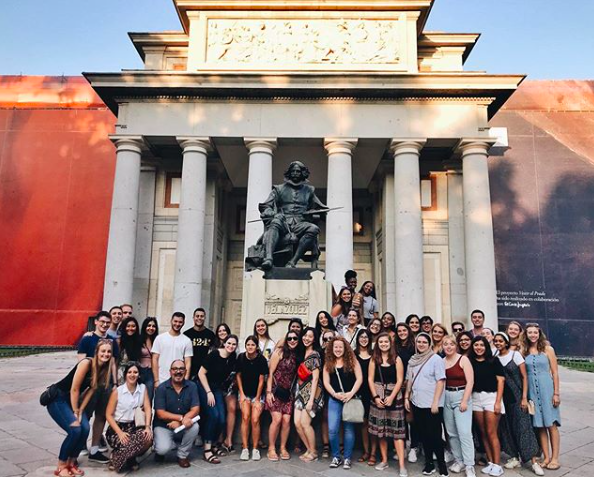Ontology is the study of being. More specifically, it examines and dissects the reality we live. In contrast, methodology provides methods and procedures to acquiring knowledge about reality. In Abbott’s book Methods of Discovery: Heuristics for the Social Sciences, he discusses the concepts thoroughly.
As a researcher, there is a clear fundamental debate over whether or not I can be an objective observer of the social world. I believe that is inevitably impossible to be objective when observing the social world because I am a part and co-producer of the social world and therefore that reality. This is because the current reality that you and I existing in is a product of every living thing on earth. Therefore, how could you truly observe objectively if you are thinking, breathing, moving, acting, talking, walking, etc. This is essentially the entire premise behind Constructionism, as discussed in Chapter two of Abbott’s Methods of Discovery: Heuristics for the Social Sciences. According to Abbott, Constructionist theory is grounded in the idea that the social process is made up of people who construct their identities and selves in the process of interaction with one another (Abbott, 2004). Therefore, if the entire “social process” is founded on the principle that we are creating the social process itself, then researchers will never be able to be truly objective. Because in observing, you are contributing to reality, or the social world, and are therefore not objective.
I believe researchers can investigate and make claims about any phenomena or social norm that they have experienced in their own lives. Meaning, researchers can use past experiences as examples of social norms or phenomena. Obviously researchers can make valid claims about things they’ve observed themselves. But also, I think researchers can create valid claims using observations from others. Through surveys and discussions researchers can discover new social phenomena that they may never have experienced first-hand. By utilizing a plethora of sources, they can determine if it was a pattern and therefore important enough to further research.
Andrew Abbott, Methods of Discovery: Heuristics for the Social Sciences, New York: W.W. Norton & Company, 2004.




You are off to a good start in considering these important debates. At the same time, I would have appreciated some direct connection to the course readings to sustain your claims, though (remember that justifying your choices with reference to literature is an essential part of all research writing!). In stating that you believe “…researchers can investigate and make claims about any phenomena or social norm that they have experienced in their own lives” I would push you to think a bit more about what you mean by that. Can you collect data on phenomena that are not directly observable — things like the structure of the state system, or social norms — for instance? How would you do that?